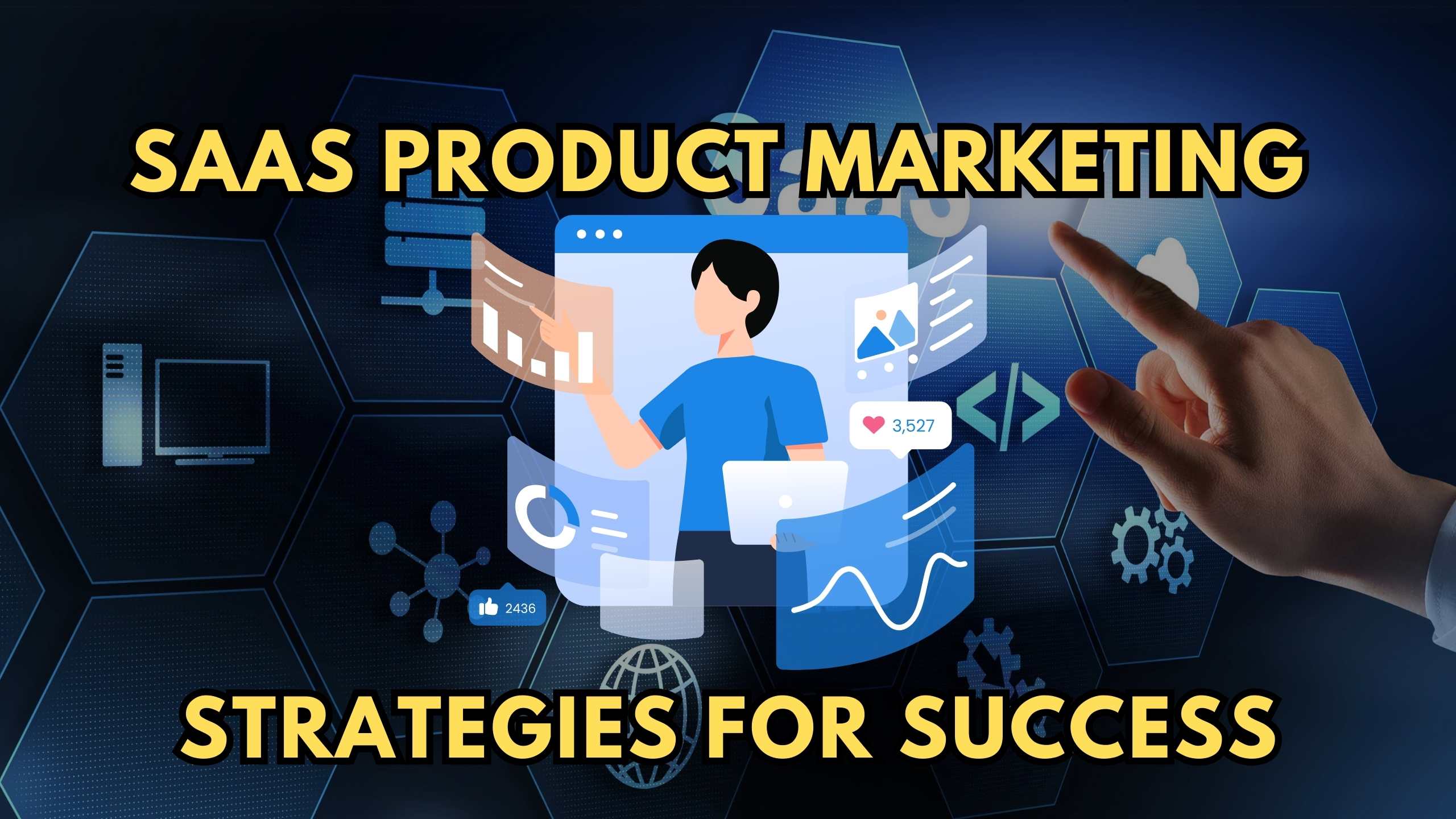SaaS Product Marketing: Strategies for Success
- Conversational Marketing Software SEO Software Affiliate Marketing Software Marketing Tools


SaaS Product Marketing: Strategies for Success
In the highly competitive realm of Software as a Service (SaaS), mastering the art of product marketing is a pivotal factor for achieving sustained success. This comprehensive blog aims to unravel effective strategies that will not only differentiate your SaaS product but also position it as a solution that meets the unique needs of your target audience.
1. Crafting a Compelling Value Proposition
A compelling value proposition serves as the foundational narrative for your SaaS product. Clearly articulate how your product addresses the pain points of your target audience and how it uniquely solves challenges they face. HubSpot, a pioneer in inbound marketing, seamlessly integrates a suite of marketing tools into a single platform. This not only streamlines processes for businesses but also demonstrates the comprehensive nature of their value proposition.
2. Leveraging Content Marketing for Visibility
Content marketing is a dynamic strategy that goes beyond just promoting your product. It involves creating valuable, educational content that positions your brand as an industry thought leader. Zendesk, a customer support platform, stands out for providing in-depth resources and guides. This approach not only showcases their expertise but also establishes trust and authority in the realm of customer service solutions.
3. Implementing Targeted SEO Strategies
In the vast digital landscape, optimizing your SaaS product’s website for search engines is paramount. SEMrush offers a comprehensive suite of SEO tools, allowing you to conduct thorough keyword research, track rankings, and optimize your content for maximum visibility. This strategic use of SEO positions your product as a top result for relevant queries, driving organic traffic and boosting your online presence.
4. Embracing Social Media Engagement
Social media platforms serve as dynamic channels for SaaS product marketing. Buffer, a social media management tool, simplifies the complexities of managing multiple platforms. It enables scheduling posts, engaging with your audience, and analyzing performance metrics. By leveraging Buffer, you can establish a strong social media presence, connect with your audience, and effectively showcase your SaaS product.
5. Utilizing Influencer Marketing in the SaaS Niche
In the evolving landscape of SaaS, influencer marketing is gaining prominence. Identify influencers in your niche and collaborate with them to amplify your product’s reach. Asana, a project management tool, strategically engages influencers to showcase real-world applications. This not only expands their reach but also provides authentic testimonials, reinforcing the product’s value proposition.
Relevance of SaaS Product Marketing
1. Salesforce
Salesforce’s success in the SaaS realm is not just due to its powerful CRM solutions but also its robust marketing strategies. Personalization and customer-centric messaging are at the forefront, effectively communicating the value of their platform. Salesforce’s marketing efforts resonate with businesses seeking tailored CRM solutions.
2. Chargebee
Chargebee’s subscription management platform is marketed with a clear emphasis on scalability and flexibility. Tailoring their messaging to address the evolving needs of businesses positions Chargebee as an essential tool in the competitive SaaS landscape. Businesses seeking adaptable subscription solutions find relevance in Chargebee’s marketing approach.
3. Google Analytics
Google Analytics stands out for its data-driven approach to product marketing. By providing actionable insights and demonstrating the impact of their analytics tools, Google effectively positions itself as an indispensable asset for businesses seeking to optimize their online presence. The marketing strategy of Google Analytics aligns with the needs of businesses aiming for informed decision-making through robust data analytics.
4. Trello
Trello excels in marketing through simplicity. The platform’s marketing strategy revolves around showcasing its user-friendly interface and collaborative features. By emphasizing these aspects, Trello effectively communicates its value to teams seeking intuitive project management solutions. Trello’s marketing resonates with businesses looking for straightforward yet powerful tools.
5. Zoom
Zoom’s success in SaaS product marketing lies in its focus on user experience. By consistently highlighting the simplicity and reliability of its video conferencing solutions, Zoom effectively caters to the growing demand for seamless virtual communication. The platform’s marketing strategy positions Zoom as a go-to choice for businesses seeking user-friendly and dependable video conferencing tools.
Conclusion
In conclusion, navigating the competitive landscape of SaaS product marketing requires a multifaceted approach. Crafting a compelling value proposition, leveraging content marketing, implementing targeted SEO strategies, embracing social media engagement, and utilizing influencer marketing collectively contribute to building a robust marketing strategy. By adopting these strategies, your SaaS product can effectively resonate with your target audience, driving awareness, engagement, and ultimately, conversions.
Revolutionize Your SaaS Product Marketing with Subscribed.fyi!
Ready to take your SaaS product marketing to the next level? Subscribed.fyi offers an all-in-one solution for managing your SaaS stack, helping you unlock exclusive deals and streamline your subscription management. Sign up for free and discover the secret to navigating the unique dynamics of SaaS tools while saving big on essential tools!
Relevant Links:








